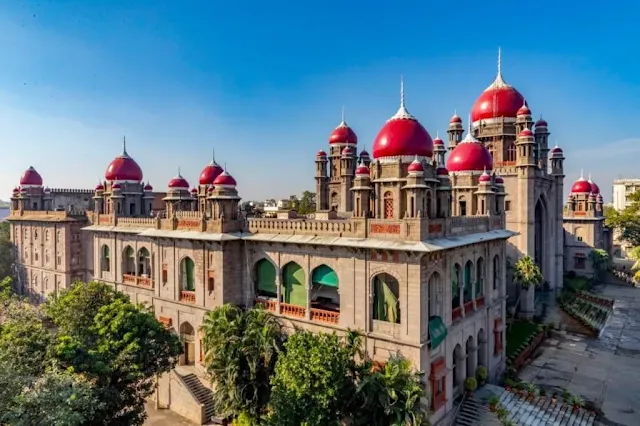Prasad argues that the decision to create the commission is not just an administrative issue but a major policy decision that could impact the constitutional rights of Scheduled Castes. Such rights include the scope and distribution of benefits like reservations, which are critical for the upliftment of SC communities.
The Constitutional Issue: Consultation Requirement
The crux of Prasad’s petition lies in the assertion that any sub-classification of SCs requires consultation with the National Commission for Scheduled Castes. This consultation, he believes, is a constitutional necessity and must precede any policy decisions on the matter. The petition references a recent Supreme Court judgment that affirmed the power of states to create sub-categories within reserved categories for the purpose of reservation. However, Prasad highlights that the Supreme Court's judgment did not sufficiently address the constitutional requirement of consulting the NCSC before undertaking such exercises.
The Commission's Mandate and Its Legal Implications
The Telangana government appointed Justice Shameem Akhter, a former High Court judge, to head the commission, which is tasked with studying the sub-classification of Scheduled Castes in the state. The commission’s role includes examining the potential implications of this sub-classification and advising the state government on possible recommendations.
Prasad, who belongs to the Mala community, a Scheduled Caste group, feels personally impacted by this decision. His legal challenge underscores the importance of upholding constitutional safeguards for marginalized communities, particularly in decisions that directly affect their socio-political and economic status.
Impact on Reservation Policies
The sub-classification of SCs is a sensitive issue that touches upon the delicate balance of reservation policies designed to promote equality. The petitioners argue that sub-classification could lead to changes in the quantum of benefits for various sub-castes within the Scheduled Castes, which could result in unequal distribution of resources and opportunities.
Given that such policy changes affect the fundamental rights of Scheduled Castes, including the right to equality, the matter is of significant legal and social importance. The Telangana High Court will now examine whether the creation of the commission, without the requisite constitutional consultation, is lawful.
This legal challenge, therefore, carries broader implications for how policy decisions regarding Scheduled Castes are made and the necessity of following due process to ensure that their rights are protected.










0 Comments
Thank you for your response. It will help us to improve in the future.